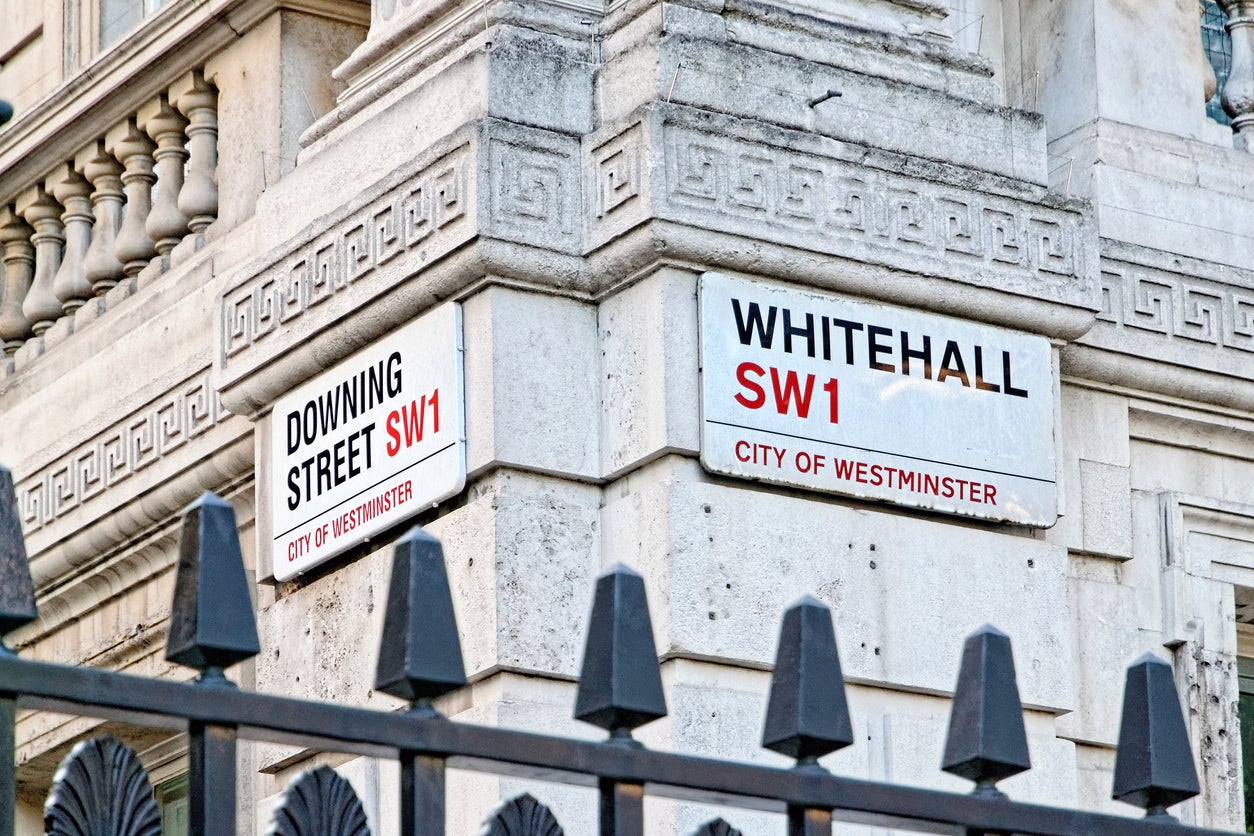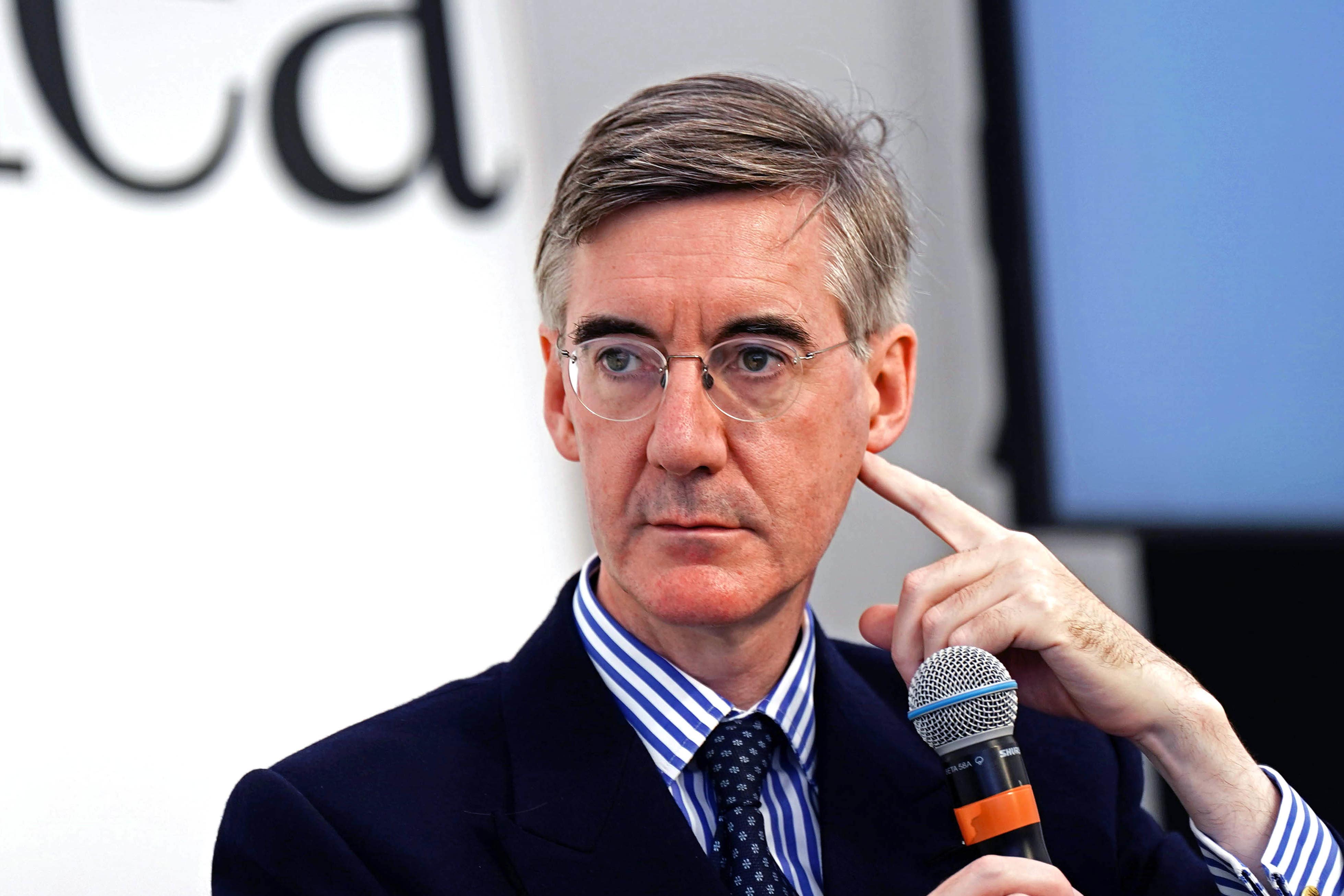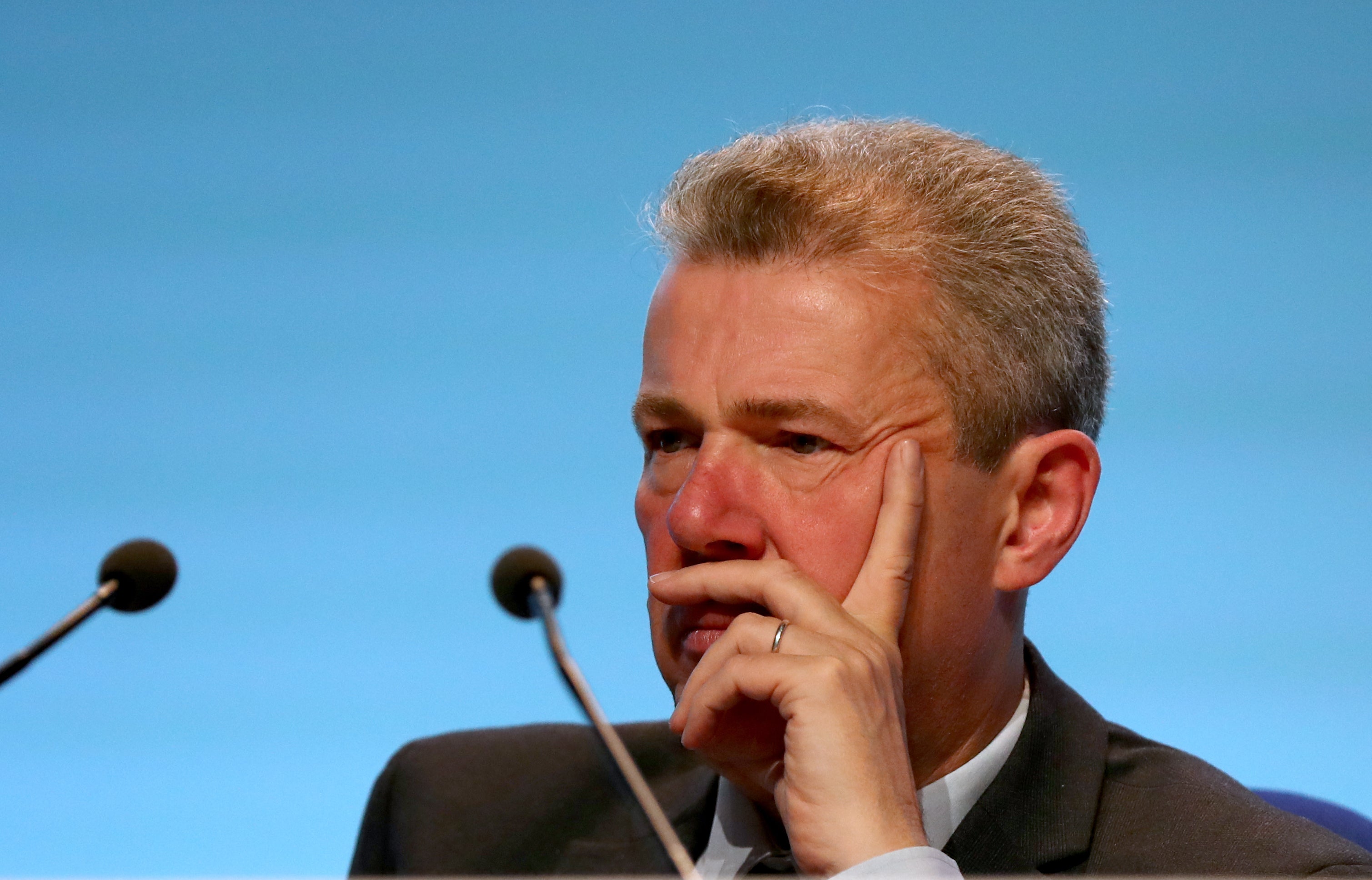Government spent over £3billion on temporary agency staff to do civil service jobs
Ministers accused of wasting money and running down pay and conditions

Your support helps us to tell the story
From reproductive rights to climate change to Big Tech, The Independent is on the ground when the story is developing. Whether it's investigating the financials of Elon Musk's pro-Trump PAC or producing our latest documentary, 'The A Word', which shines a light on the American women fighting for reproductive rights, we know how important it is to parse out the facts from the messaging.
At such a critical moment in US history, we need reporters on the ground. Your donation allows us to keep sending journalists to speak to both sides of the story.
The Independent is trusted by Americans across the entire political spectrum. And unlike many other quality news outlets, we choose not to lock Americans out of our reporting and analysis with paywalls. We believe quality journalism should be available to everyone, paid for by those who can afford it.
Your support makes all the difference.The government has been accused of wasting “astronomical” amounts of money after it emerged it has spent over £3bn on temporary agency staff to do civil service jobs.
Staff unions and opposition MPs said ministers were “casualising” the civil service by running down pay and conditions for temporary workers while also paying inflated prices to middle men.
Figures collated from a series of parliamentary questions show some departments consistently spending hundreds of millions of pounds a year on agency staff.
The government says using agency staff gives it more flexibility and suggested that the high levels were related to the pandemic.
But the numbers, which were obtained from ministers by Labour MP Jon Trickett and cover the last three financial years, show some departments spending an escalating amount post-lockdown, or high levels pre-lockdown.
For example, the Ministry of Defence spent £272m on agency workers in 2019/20, £418m in 2020/21, and £483m in 2021/22.
Other departments where spending has only escalated since the peak of lockdowns include the Foreign Office, the Treasury, and the Department for Education – where £39.2m was paid to agencies in £2021/22, up from £32.5m the year before, and £30.8m in 2019/2020.
Agency staff generally have worse pay and conditions than full civil servants, and the agencies that employ them must also be paid to make a profit, raising costs.
“For well over £3bn of taxpayers’ money to be spent on agency staff across government departments represents a massive casualisation of work in the civil service,” Mr Trickett told The Independent.

“The abject lack of employment rights held by agency workers in Tory Britain is a disgrace, with very limited holiday and sick pay entitlement, as well as no job security whatsoever.
“Now, we find that the Tories are actively promoting this rotten deal for British workers at the very heart of government.”
Mr Trickett, a former parliamentary private secretary (PPS) to Gordon Brown, and a senior shadow cabinet member for 11 years, added: “The Covid pandemic made it inevitable that additional sums would be spent on staffing.
“However, we need the creation of quality and well-paid secure jobs for these public sector workers, who played their part in keeping us going through Covid.
“Instead the Tories repaid our Covid heroes by handing out billions of pounds in public money to private sector employment agencies.
“No civil servants should be forced to work on casual contracts via agencies. These astronomical amounts spent on agency staff must in the future be used to fund properly funded civil service jobs to deliver the public services we all need.”
Mark Serwotka, general secretary of the PCS trade union, which represents rank-and-file civil servants, said the government had put itself in such a position because it had failed to invest.

“This eye-watering waste of money would have been better spent on employing more full-time staff on better wages,” he said.
“We have long called for proper investment in our civil service because it benefits the people who rely on the services we provide, as well as our members, who deserve an above-inflation pay rise to help them through the cost of living crisis.”
Boris Johnson's government had pledged to cut 91,000 jobs from the civil service, with then government efficiency minister Jacob Rees-Mogg announcing earlier this year that a fifth of civil service roles would be cut in the next three years.
This would take numbers back to pre-2016 Brexit vote levels, he claimed, noting an increase in headcount after that is possibly related to Britain’s exit from the EU.
Liz Truss’s new Cabinet Office minister Nadhim Zahawi is reportedly rowing back on the plans, having worked out that the cuts would have an upfront cost of £6bn-£7bn in redundancy payments, according to a report in the Financial Times this week.
Asked to comment on the agency employment figures, a government spokesperson told The Independent: “Any decision to use temporary staff goes through spending checks to ensure it offers the best value for taxpayers’ money.
“The use of temporary staff, which increased during the pandemic, is declining.”



Join our commenting forum
Join thought-provoking conversations, follow other Independent readers and see their replies
0Comments